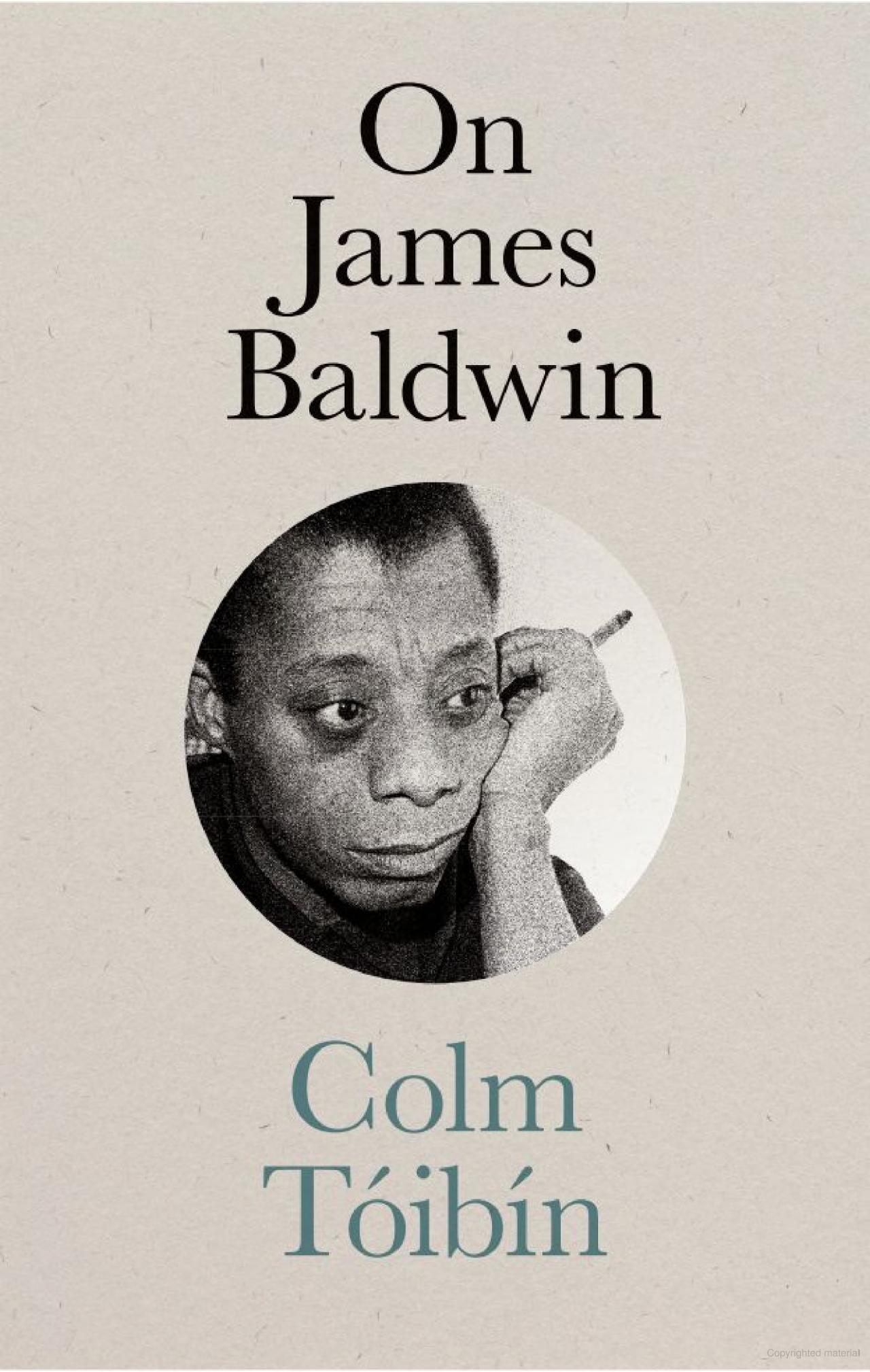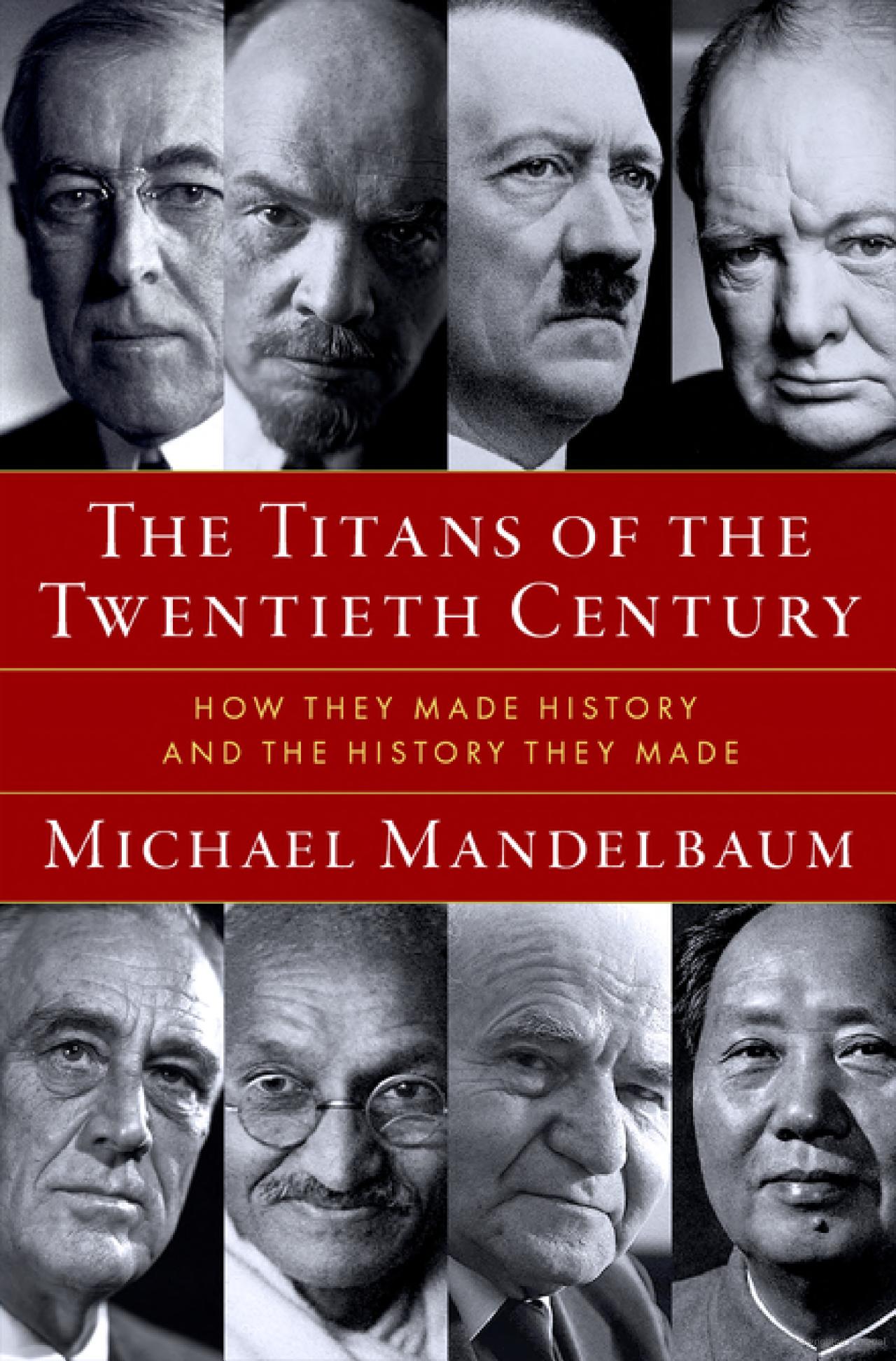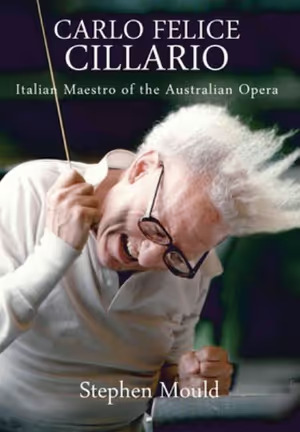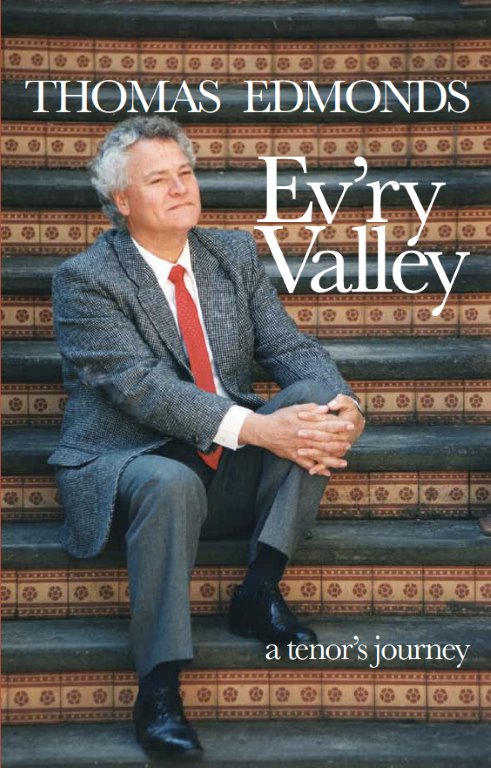‘Shimmering multiple and multitude’
A year before her death in 2000, Judith Wright’s autobiography Half a Lifetime was published. The phrase ‘female as I was…’ peppered her stories. Miles Franklin’s Sybylla Melvyn had been a childhood idol. Wright conceded that Sybylla’s use of a stockwhip to assert power might have seemed ‘a little over the odds’. Then: ‘but if you had to?’
Being a woman had mostly been a nuisance, as Wright told it, a roadblock that she had negotiated without much thought, in her unfussed country way. Wright’s genre-breaking family history Generations of Men (1959) had evinced a ‘subtle feminism’, wrote historian Tom Griffiths, in its awed depiction of her grandmother, who had taken control of the family’s heavily indebted pastoral properties after the death of her husband, in her forties, and secured her own and her family’s fortune – ‘her triumph’ Wright termed it.
Continue reading for only $10 per month. Subscribe and gain full access to Australian Book Review. Already a subscriber? Sign in. If you need assistance, feel free to contact us.










Leave a comment
If you are an ABR subscriber, you will need to sign in to post a comment.
If you have forgotten your sign in details, or if you receive an error message when trying to submit your comment, please email your comment (and the name of the article to which it relates) to ABR Comments. We will review your comment and, subject to approval, we will post it under your name.
Please note that all comments must be approved by ABR and comply with our Terms & Conditions.